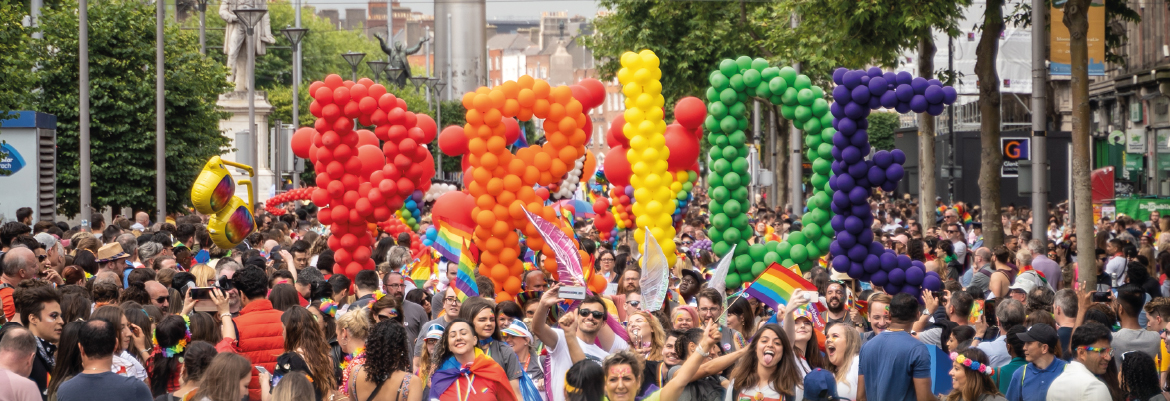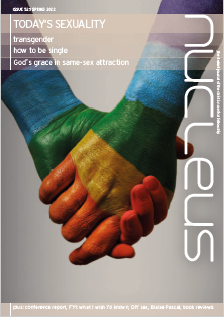Which was the first country to legalise same-sex marriage by popular vote? This historic referendum happened in May 2015 in the Republic of Ireland and led to the 34th Amendment of the Constitution of Ireland (Marriage Act 2015). As a student who hailed from a conservative Christian background, being raised in the conservative Muslim country of Malaysia, I could barely, if at all, recall instances of this issue rearing its head in my childhood. However, as I entered my pre-university days, hearsay about people I know or their close friends being 'gay' began to emerge and lodge themselves as little nagging pebbles in my shoe.
Unlike Ireland, same-sex marriage almost certainly will remain illegal in Malaysia unless a constitutional overhaul occurs. This is due to the religious underpinnings and Sharia (Muslim) laws that govern this country, which criminalise same-sex relations, transgender expression, as well as freedom of expression and social advocacy for these issues (such as university Pride parades). Under these laws, offenders may face anything including caning, whipping, fines, ridicule, up to 20 years' imprisonment, and physical and sexual abuse by police officers and other inmates. Even in 2021, new laws that crack down on opposing views and related activity are still being considered or put in place. [1]
The situation in Malaysia is not so different to that in Ireland just a few decades ago, where same-sex relations were criminalised. Ireland has taken a rapid and dramatic U-turn in its stance on issues that have divided the world, such as abortion and same-sex marriage, and has moved from being an overwhelmingly conservative, Roman Catholic country, to a leader in liberal ideology. [2]
Currently, Ireland ranks in the top 20 countries in the Gay Travel Index 2021, which measures how ideal the legal situation, safety, and living conditions are for the queer* community in each country. 3 Dublin's Pride Parade, the second biggest festival in Ireland after St. Patrick's Day, and the largest LGBTQ+ festival in the island of Ireland, occurs in the last two weeks of June, the official Pride Month around the world.
However, despite the global trend towards liberal views on same-sex marriage, scores in the transgender and gender nonconforming community are still being killed every year globally — at least 57 in 2021, likely more unreported or misreported — with most victims being Black and Latinx* women. [4]
Moving to the incredibly liberal country of Ireland to pursue a career in medicine has made these issues unavoidable and forced me to consider and contemplate where I stand — both as a Christian and a healthcare provider. How should we respond to LGBTQ+ ideology or inclinations in the people around us, or even within ourselves?
Where do Christian healthcare providers stand on this issue that has inevitable influences in the health of those involved?
These questions compelled me to buy a little grey book (Is God Anti-Gay?) sitting on the bookstall at CMF's last Student Conference, to help me better understand the experiences of many people in this country I now call my second home — the lives of people from dear classmates of mine to my current and future patients.
*DEFINITIONS
- Latinx — people of Latin American origin, with a gender-neutral suffix (as opposed to Latino or Latina)
- LGBTQIA2S+ — lesbian, gay, bisexual, transgender, queer/questioning, intersex, asexual, 2-spirit, and other identities
- Queer — may be generally used to referto an orientation other than straight [5]
































